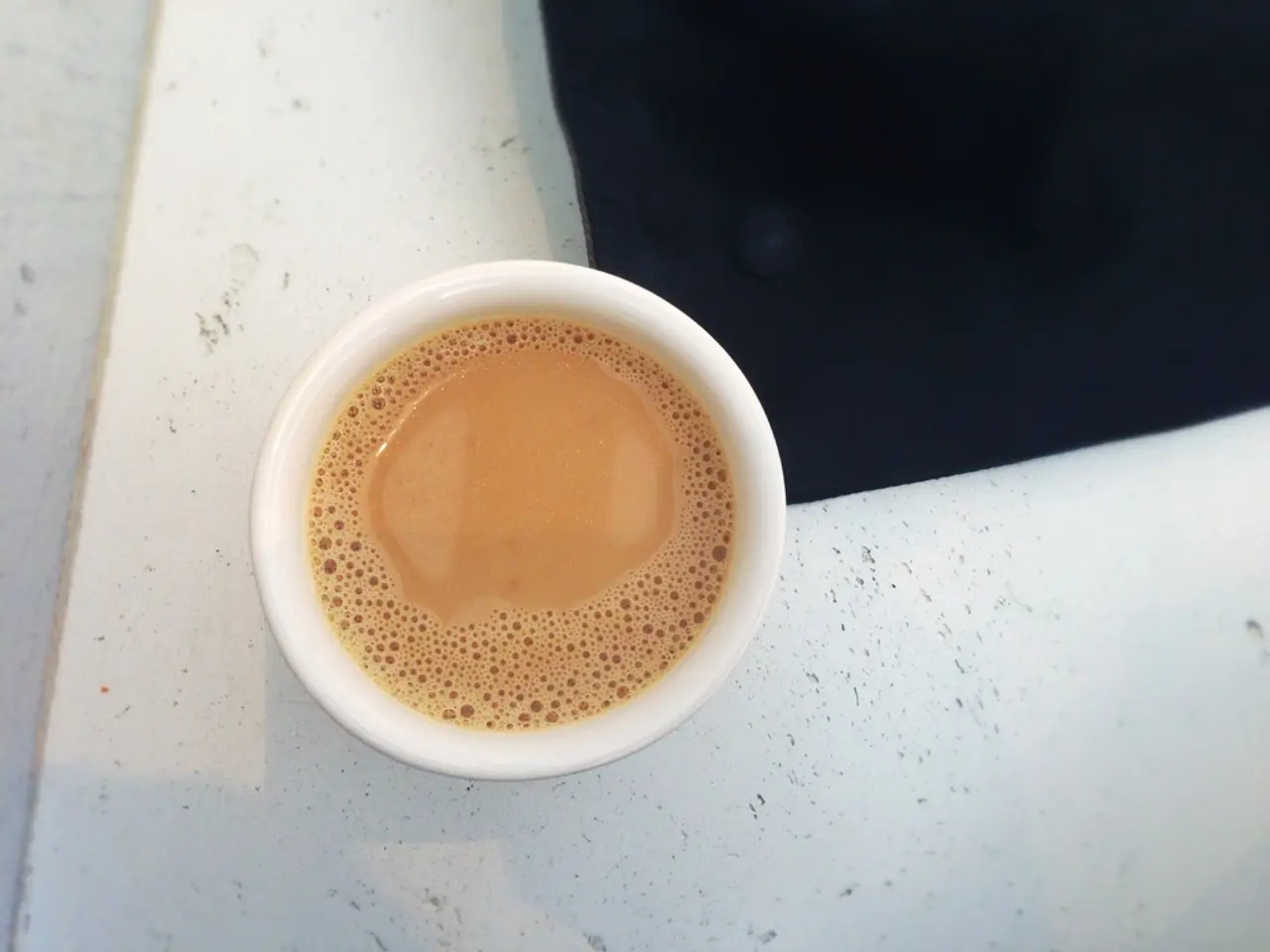Overnight Solutions for Decreasing Pimple Swelling
Green tea, tea tree oil, and copaiba oil are gaining popularity as natural remedies for acne. These alternative treatments, while less studied than established medical treatments, show some effectiveness in reducing acne, particularly for mild cases or as adjunctive therapies.
Green tea, rich in catechins, particularly EGCG, has antioxidant and anti-inflammatory properties. Both topical application and oral consumption of green tea extract have been shown to reduce sebum production and inflammation associated with acne. Applying green tea as a toner or using products with 2-3% green tea extract can be beneficial, alongside drinking 2-3 cups daily for systemic effects.
Tea tree oil, recognized for its antibacterial activity, helps reduce the bacterial growth causing pimples. It is often recommended as a safer alternative to harsher topical medications during sensitive periods such as breastfeeding, although it may not act as quickly or strongly as prescription antibiotics or benzoyl peroxide.
Copaiba oil also has anti-inflammatory and antimicrobial properties that may improve acne, but clinical evidence is more limited and mostly anecdotal. It is considered a supportive natural remedy rather than a primary treatment.
Compared to medical treatments like benzoyl peroxide, salicylic acid, azelaic acid, and topical antibiotics, these alternative treatments are generally milder and have fewer side effects but can be slower to produce visible results and may be less effective for moderate to severe acne.
It is important to note that the Food and Drug Administration (FDA) does not monitor or regulate the purity or quality of essential oils, so it's crucial to research the quality of a particular brand's products before use.
In addition to these alternative treatments, maintaining good skincare habits is essential. The American Academy of Dermatology (AAD) advises cleansing the face twice a day, using non-comedogenic products, maintaining personal hygiene, and avoiding touching the face to prevent new breakouts. The AAD also does not recommend using toothpaste on pimples.
If home care and preventive measures do not help or if acne is persistent or severe, it is best to consult a doctor. Medical treatments remain the standard for more significant or persistent acne due to stronger, targeted mechanisms. Consultation with a healthcare professional is advised, particularly during sensitive conditions like breastfeeding.
It is also worth mentioning that tanning does not reduce acne and increases the risk of skin cancers. Therefore, it is advisable to avoid tanning as a means of acne treatment.
In summary, green tea and tea tree oil have demonstrated moderate efficacy in acne reduction, while copaiba oil’s role is less clearly supported by research. These alternative treatments can be beneficial additions to a skincare routine, but it's crucial to approach them with caution and consult a healthcare professional for persistent or severe acne.
- For individuals dealing with psoriatic arthritis, multiple sclerosis, or mental-health conditions, it's crucial to consider science-backed health-and-wellness solutions rather than relying solely on herbal supplements like green tea, tea tree oil, and copaiba oil.
- Some studies suggest certain herbal supplements may offer benefits for skin-care issues other than acne, such as improving symptoms of multiple sclerosis, albeit further research is needed to confirm these findings.
- Sufferers of nsclc (non-small cell lung cancer) should focus on medically-approved treatments rather than supplementing their care with unproven substances like green tea, tea tree oil, or copaiba oil, as the evidence supporting their effectiveness for cancer treatment is currently lacking.
- The use of herbal supplements should not replace conventional medicine for health issues such as skin care, arthritis, or multiple sclerosis, where treatment guidelines are well established and relied upon by the medical community.
- Before incorporating herbal supplements into a skincare routine, it's essential to check the AQ (air quality) of the essential oils to ensure they aren't contributing to a poor indoor air quality that can aggravate symptoms of respiratory conditions like asthma.
6.closer examination of the science behind the efficacy of multiple sclerosis treatments revealed that certain herbal supplements, such as green tea, tea tree oil, and copaiba oil, do not have the same level of scientific support compared to conventional treatments designed specifically for addressing physical and mental health issues.








